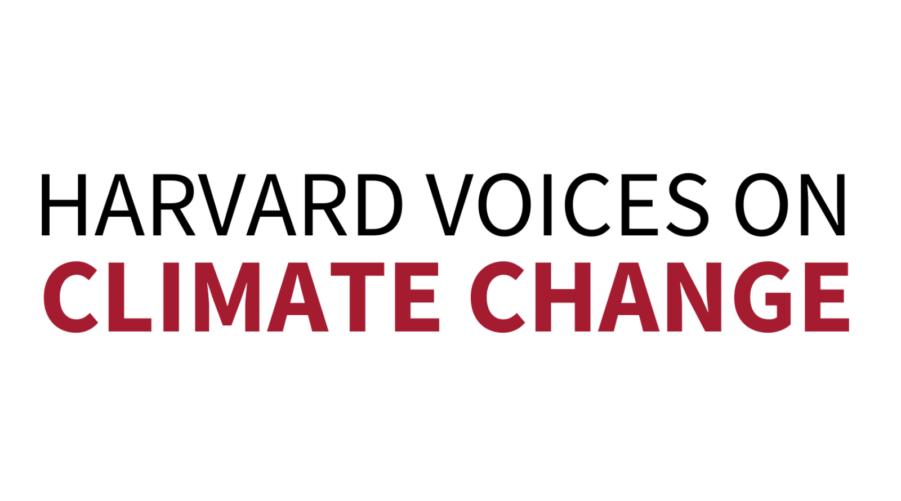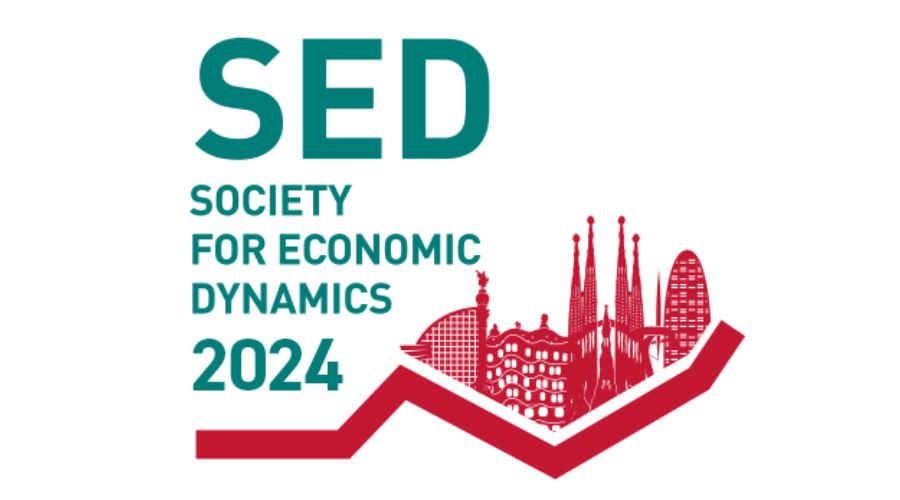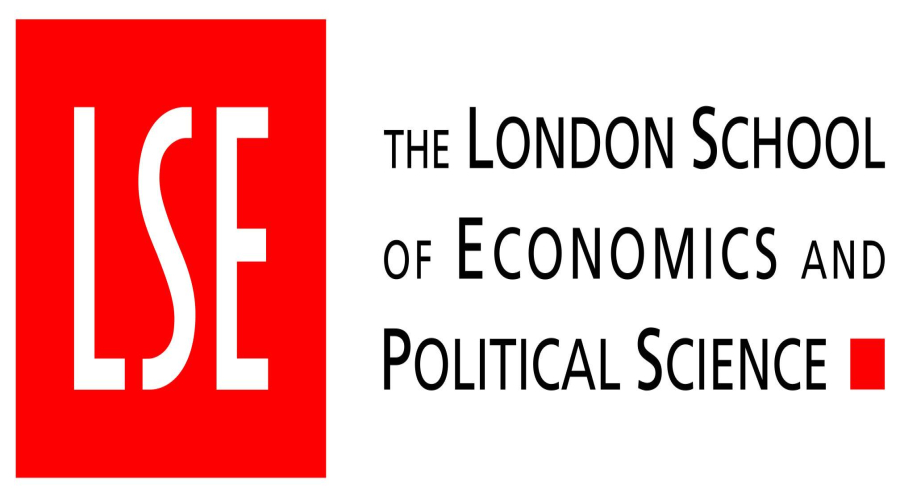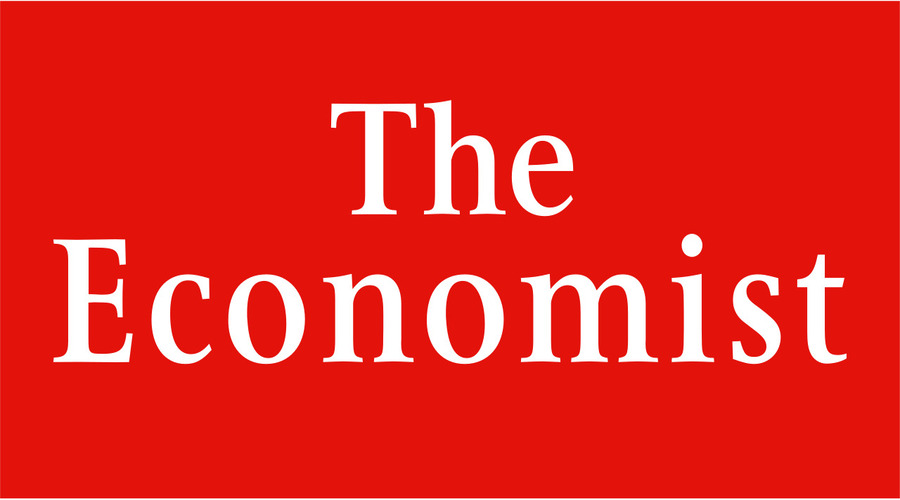Updates, Events & News
Discover what’s happening at the Social Economics Lab.
Updates & Events
Harvard Professor Stefanie Stantcheva explores zero-sum thinking in Democrats and Republicans. Across American politics, one mindset shapes views on policy and society: the “zero-sum” mentality. Stefanie Stantcheva, Nathaniel Ropes Professor of Political Economy and Founder of the Social Economics Lab at Harvard University describes how zero-sum cognitive framing—exhibited by both Democrats and Republicans—profoundly influences debates on issues ranging from immigration, to taxation, to race- and gender-based affirmative action.
This belief holds that the gains of one individual or group come at the expense of another—the “pie” of resources is fixed, and any larger slice for one must mean a smaller share for everyone else. This worldview contrasts with the notion of a “positive-sum” society, where collective prosperity can grow to include all players. Stancheva's lab reveals a striking finding: zero-sum thinking is not confined to one political party. It exists on both sides of the ideological divide, and while it appears differently depending on the issue, it always impacts political discourse and policy.
In this session, Stefanie Stantcheva, Nathaniel Ropes Professor of Political Economy, examines the intersection of public opinion and climate policy, exploring how societal attitudes and political dynamics influence the development and implementation of effective climate strategies and solutions.
Stefanie gives the third plenary talk at SED 2024 on "Using Surveys for Research in Macroeconomics"
Stefanie Stantcheva will be speaker at 2024 Economica-Coase Lecture at LSE.
No more posts to display
News
Tim Hartford: Stefanie Stantcheva’s economic survey of US citizens deserves the acclaim it has received
Founder of Harvard’s Social Economics Lab on a mindset held across the bipartisan divide
Inflation has come way down in the past two years. But the issue might have decided the recent presidential election, and its effects still weigh on many Americans.
Even inflation this low could feed consumer frustration, workplace friction and an inflationary psychology
Gains for women aren’t losses for men and the opposite is also true. Shifting from competition to collaboration makes progress a win-win for all.
Inflation remains a top concern even as it slows. Economy also a worry despite growth. A hard issue for incumbents.
US economists and everyday Americans seem to live in two different realities – this disconnect could ultimately decide who takes the White House
American voters’ discontent with high living costs may decide who wins the White
On average, pay has risen faster than prices in recent years. But the overall picture is complicated — and it’s not just facts versus “vibes.”
Many people—though not all—saw wage increases that kept pace with the pandemic’s rapid price hikes, but the psychological toll remains.
Stantcheva explains what Americans believe about the root causes of inflation and how the government should manage it, how views differ along party lines and the role media play in all of this.
Paul Krugman highlights how Stefanie's research explains why individuals hate inflation.
Economists are turning to new ways of finding out
Stefanie talks about why people's lived experiences of inflation might not align with official statistics
Stefanie's research highlights how people's experiences with inflation have shaped their views on the economy
Stefanie's recent research highlights how much people dislike inflation
Brookings Podcast on Economic Activity, with Janice C. Eberly, Ben Harris, Stefanie Stantcheva, and Jón Steinsson
Gustaf Kilander talks to experts about why it "feels" like both are true
That is, as long as the data does not deliver a nasty surprise
Steigende Preise sind allseits unbeliebt, sogar bei denen, die davon profitieren. Das liegt auch an der Selbstüberschätzung der Menschen, sagt eine Harvard-Ökonomin.
Many Americans believe that the economy and their finances are worse than they really are
Researchers examine who embraces mindset that one’s gain is another’s loss, and how that affects our politics — in sometimes surprising ways.
No more posts to display

















